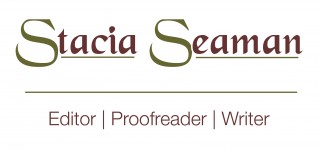When I was a kid, I had the usual Joan of Arc obsession. I thought she was the coolest thing ever. When my fourth-grade teacher assigned us to write a fictional letter by a historical figure, mine was written by Joan. (And yes, I burned off the edges of the paper.)
I loved Joan. Loved the dauphin. Loved the French.
Then, several years later, I discovered Shakespeare. Hated the “tragedies” but loved the comedies and histories. Loved Henry V. Quoted the speech: “We few, we happy few, we band of brothers.” (No, I didn’t know who Saint Crispin was, but that’s beside the point.)
I loved Henry V. Hated the dauphin. Hated the French.
And then came the crisis: Henry V and Joan of Arc were fighting on opposite sides, but in the same (much larger) war. The dauphin Joan supported, whom I cheered so fiercely, was the successor to the dauphin whom I’d booed with such enthusiasm when Henry V opposed him. In fact, it was the claim to the French throne by Henry VI, son of Henry V, that led to the siege of Orleans! (He was a child at the time and this was done in his name, but you get the idea.)
POV is everything. A sympathetic main character can sway you, can influence you, without your even being aware of it. A charismatic figure can inspire personal loyalty that transcends a bigger conflict, which allows me to cheer both Joan of Arc and Henry V despite their opposing political and military goals.
I don’t really have much of a point here. Just a Monday-afternoon ramble ![]()
